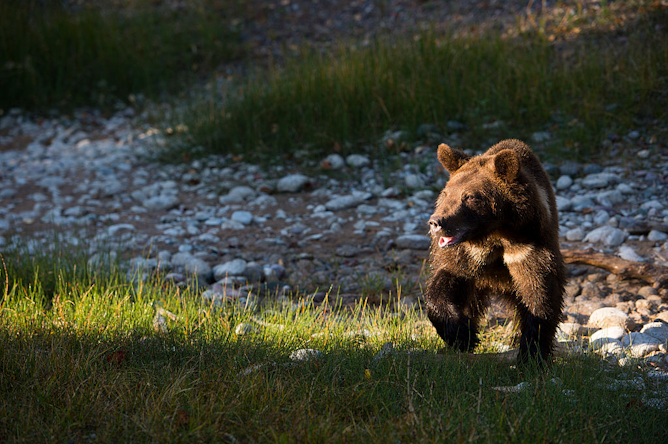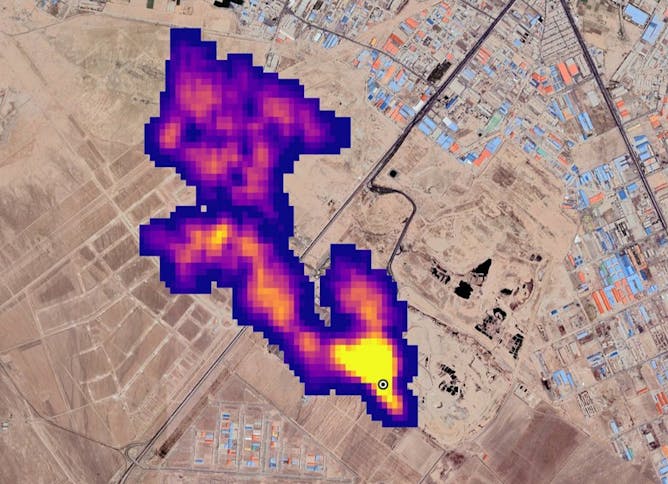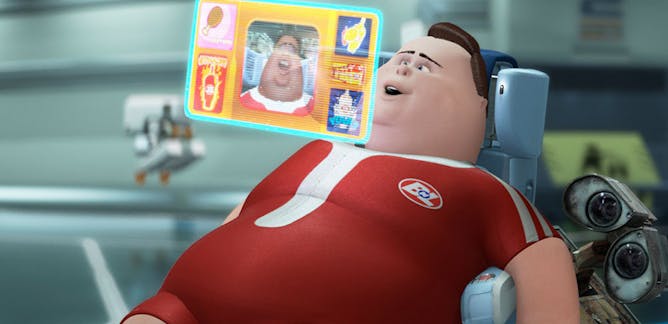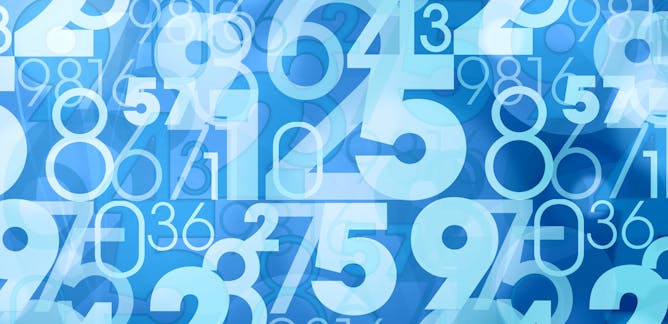|
As spring unfolds across the U.S., people are seeing wildlife emerge from hibernation – in Montana, that includes grizzly bears. It’s not always easy to coexist with a 500-pound creature that can sometimes knock over garbage cans, break into garages snooping for a snack or, on rare occasions, harm free-range livestock.
But as Alexander Metcalf from the University of Montana and his research team found in a new study, some people like the bears more than others. And those attitudes have to do with social identity, which matters more than anything people may know about bear biology or behavior.
Metcalf and his team surveyed Montanans and found that those who identify as hunters tend to interact more with the bears – and have more empathy for other hunters who have had their property damaged by a bear. That’s a key insight for conservation groups and wildlife officials who want to share information about grizzly bears. It also tells you what many social scientists already know: Wildlife conservation isn’t just about the wildlife. Effective protection of animals means knowing about the people living alongside them.
Also in this week’s science news:
If there’s a subject you’d like our team of science editors to investigate, please reply to this email.
|

If the government takes grizzly bears off the Endangered Species List, some states will likely introduce a hunting season.
Wolfgang Kaehler/LightRocket via Getty Images
Alexander L. Metcalf, University of Montana
Whether people are hunters can have a big effect.
|

Many nonantibiotic drugs such as certain antidepressants and antiparasitics have antibacterial effects.
Tanja Ivanova/Moment via Getty Images
Mariana Noto Guillen, UMass Chan Medical School
There are many ways to kill microbes that cause dangerous infections. Combining genetic screening with machine learning can help researchers identify new antimicrobials.
|

A super-emitter methane leak in Iran captured by satellite.
NASA JPL-Caltech
Riley Duren, University of Arizona
Methane is a potent greenhouse gas that can leak from oil and gas wells, pipelines and landfills. Satellites can spot the releases fast enough to get them fixed and help protect the climate.
|
|
|

Mark M. Lambert, Des Moines University
Historians are working to shine a light on Alice Ball’s legacy and contributions to an early treatment of a dangerous and stigmatizing disease.
| |

Joe Árvai, USC Dornsife College of Letters, Arts and Sciences
AI has the potential to diminish the human experience in several ways. One particularly concerning threat is to the ability to make thoughtful decisions.
|

Nkiru Nnawulezi, University of Maryland, Baltimore County; Lauren Cattaneo, George Mason University
Programs and policies to help domestic abuse survivors find safe housing work only if they’re implemented and supported with resources.
| |

Manil Suri, University of Maryland, Baltimore County
Here’s a game: Tell a friend to give you any number and you’ll return one that’s bigger. Just add ‘1’ to whatever number they come up with and you’re sure to win.
|
|
|
|
|
-
Fabian Klenner, University of Washington
Saturn’s moon Enceladus has geysers shooting tiny grains of ice into space. These grains could hold traces of life − but researchers need the right tools to tell.
-
Andrew Flachs, Purdue University; Joseph Orkin, Université de Montréal
From kimchi to kombucha and sauerkraut to sourdough, many traditional food staples across cultures make use of fermentation. And these variations are reflected in your microbiome.
-
Kristin Scaplen, Bryant University
Studying the human brain is difficult because of its vast and intricate network of neural connections. The fruit fly offers a simpler but similar model that researchers can more easily map.
-
Jonathan Fisk, Auburn University; John C. Morris, Auburn University; Megan E. Heim LaFrombois, Auburn University
Extreme downpours and droughts, both fueled by rising global temperatures, are taking a toll on water infrastructure. Communities trying to manage the threats face three big challenges.
-
Amy Lien, University of Tampa
Where specialized algorithms fail to classify star-borne pulses, human volunteers with just a little training can step in.
|
|